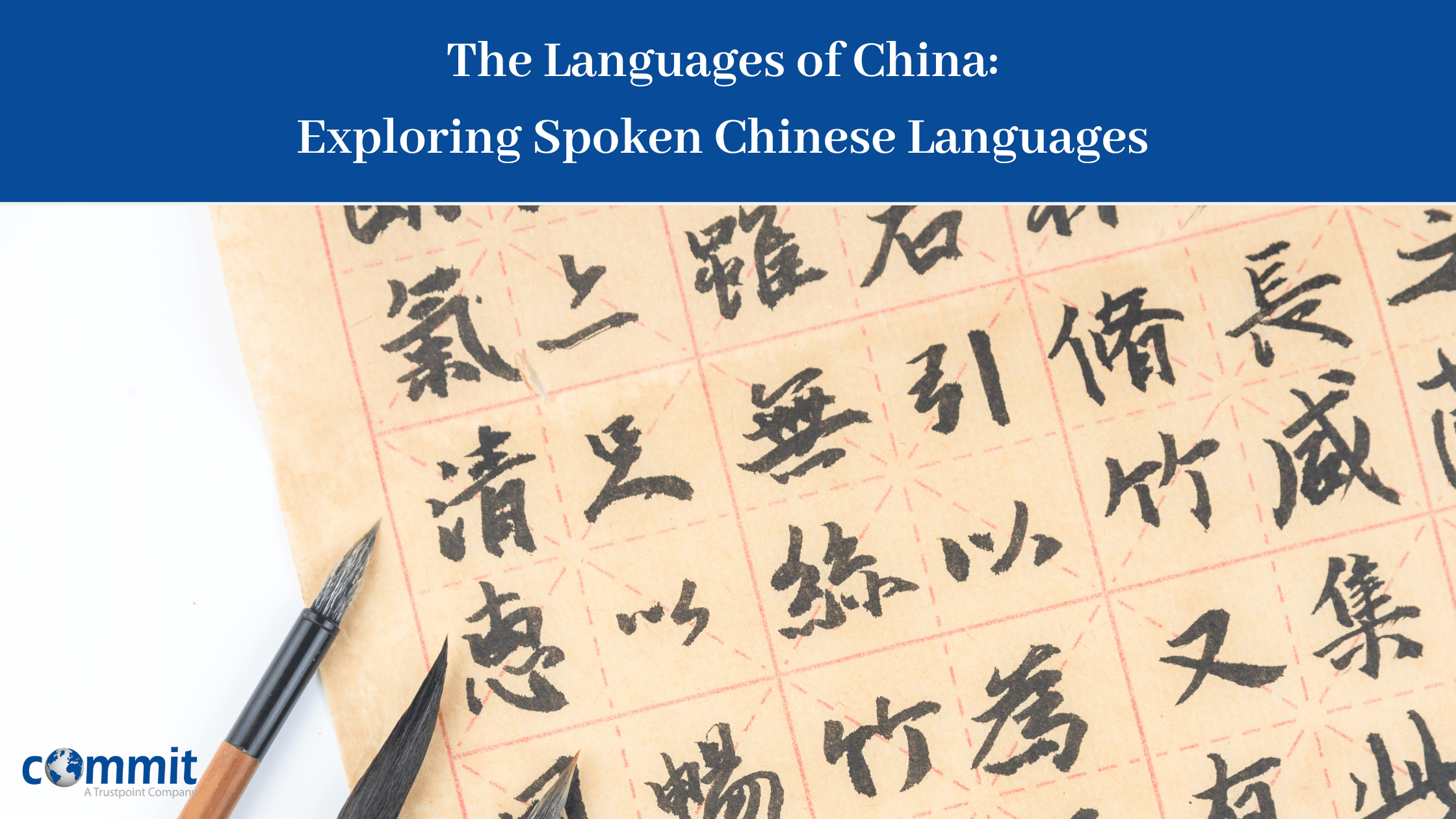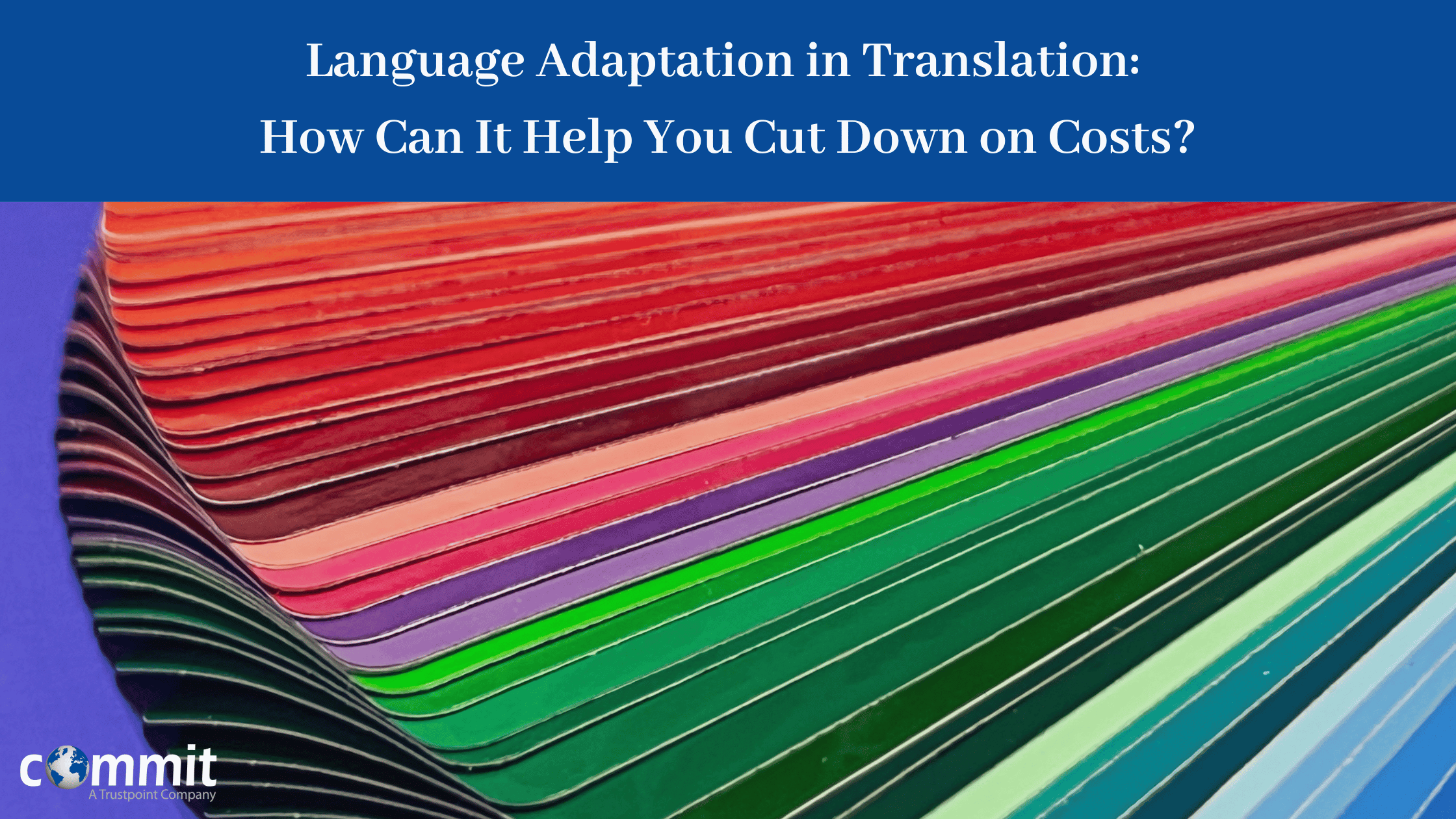|
Listen to Post
|
Listen to this article now:
Legal translation is the translation of texts within the field of law. The development of international markets, globalization and migration have created a constantly growing need for legal translations.
But how common is legal translation and does it require trained professionals and specialized terminology? To answer these questions, the different types of legal texts need to be considered.
What kinds of legal texts are there and why the need to translate them?
Legal text is defined as any document used in a legal system and drafted in accordance with the applicable laws of a country. Legal texts cover an extensive list of documents depending on the services and the needs they serve. Some of the most popular ones include certificates (marriage, birth, etc.), proxies, employment contracts and agreements, testaments, affidavits and confidentiality agreements.
Now, why would someone need to translate these documents? Relocation to another country for work or studies is one of the main reasons. Establishing or moving company offices to a foreign country also requires the translation of documents to enable its legal operation. In short, any legal transaction in another country requires the translation of the relevant documents.
Who performs legal translations?
One might think that legal translation is relatively simple as most texts use the same terminology, which is often repeated. However, legal translation is far from a simple process. A mere numerical mistake, a wrong name or a term’s misinterpretation can result in serious penalties. In the case of contracts, wills or documents submitted in court, such errors are unacceptable and can result in expensive misunderstandings and avoidable lawsuits. Inaccuracies and mistranslations can prove criminal while even punctuation mistakes can instigate legal battles between conglomerates. One such example was the comma that cost 1 million CAD.
Because of that, the translators that work with these kinds of documents should be specialized in legal terminology, have a good eye for detail and be very meticulous in their work. Legal translations are usually performed by specialized linguists that have attended specialized legal terminology courses or oftentimes by lawyers that have also studied or made a career turn towards translation.
The differences in the legal systems
The legal translation can differ greatly in each country. Aside from the language barriers and the legal terminology, the differences in legal systems can make legal translation very complex. In these cases, a legal translator should be familiar with the civil codes of both countries (source and target language). There are countries with the same or similar laws as well as countries with the same language but different laws. Greece and Cyprus are an example of this, as they share the same language, but have different civil codes. While the Cypriot civil code is based on the English common law, the Greek civil law is based on the Germanic civil law.
So, as well as understanding and precisely translating the legal rights and duties of the original text, legal translators must also bear in mind the legal system of the source text (ST) and the legal system of the target text (TT) which may differ greatly from each other: Anglo-American common law, Germanic civil law, Islamic law, etc.
Since law is a culture-dependent subject field, legal translation is not necessarily linguistically transparent. To avoid intransparency in the translation, the linguist should always translate according to the applicable laws of the country where the text is drafted. If translated according to the laws of the target country, there may be misunderstandings and mistranslations. Therefore, the translator should always follow the source language terminology and use Latin legal terminology, where possible.
Legal translation and translation tools
In the recent years, the professional translator has direct access to specialized translation memories, legal termbases and online dictionaries, including those provided by iate, eur-lex, europa and eurovoc. In addition to online material, legal translators can create their own translation memories and termbases to ensure consistency in terminology, avoid errors in term rendering and increase their productivity.
As the demand for legal translation grows, the modern translator can use translation technology and utilize reliable Internet resources to ensure translation quality, however, caution is always advised. When it comes to translation technology, an experienced and well-qualified legal translator will be able to face any challenges and make the most of its advantages.









